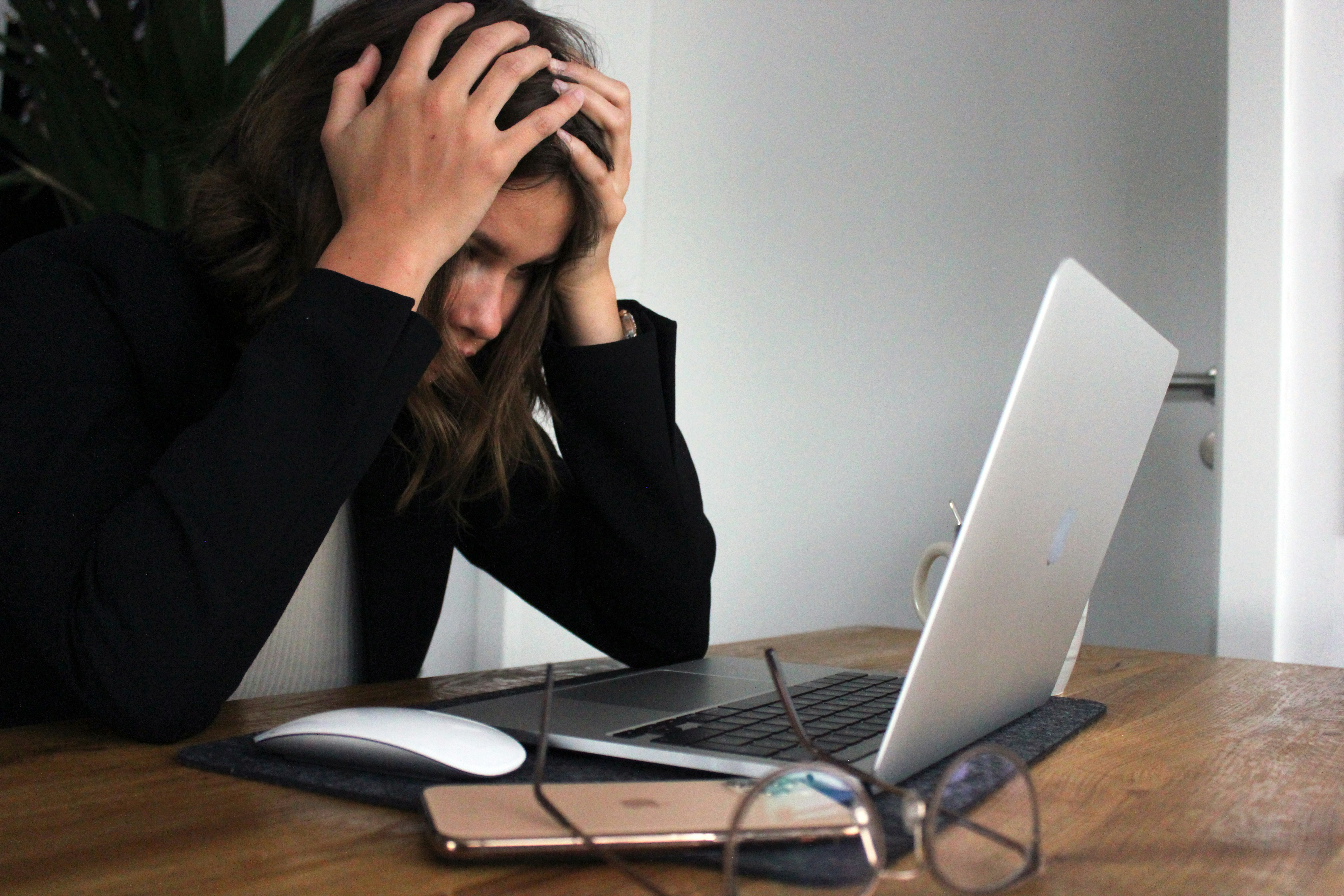Table of Contents
Property
Stress in the workplace is seemingly inevitable and frankly, all-encompassing. It creeps in like a shadow in the night and slowly takes over all areas of life, leaving fragments of anxiety, unproductive habits and fatigue.

Beyond the disruptive presence stress plays on you as an individual, it can also impact relationships with colleagues, partners, family and friends, even when its nagging presence isn’t outwardly recognizable. That’s why acknowledging its existence and doing something about it is essential to finding a happy balance in both your professional and personal life.
Most of us experience it often or intermittently, and some have better tools than others to cope with it, but regardless of the severity or frequency, it would be naïve to assume that it’s simply avoidable or to believe that it can’t have such a deep-rooted effect. Because, truthfully, it can, and if you don’t do something about it, built-up tension will prosper, and your peace of mind will suffer.

Of course, the initial cause of stress isn’t always something you’ve curated or can control. It can stem from interactions with difficult co-workers, pressure, or a hefty workload that’s consistently dropped on your lap. But, if the answer isn’t as simple as finding yourself a new job, it can be helpful to look within and at the resources available to you for the antidote.
There are many ways to maintain a Zen approach during and after office hours, but here are some simple tips that you can incorporate into your everyday life to avoid its ugly wrecking path.

1. Isolate the issues that are stressing you out the most
You can’t fix a problem if you don’t understand what’s causing it. Therefore, figure out if the stress is related to a specific task, routine, busy calendar, a personality mismatch or a combination of a few things. Once you’ve ironed out the elements of the job that are stressing you out the most, you can then devise an action plan to eliminate it or cope with it. That can mean speaking to a co-worker directly about the tension or to a health professional for guidance. And if it’s related to the work itself, change what you can change and get comfortable with the things you can’t. But don’t be afraid to stand up for yourself when necessary and keep your wellbeing at centre stage.

2. Exercise
Any form of exercise is incredible for mental health and gives you and your body an avenue to relieve the stress that’s been built up from the day. Whether that means running, walking, gym time, yoga or activities, don’t dismiss it from your schedule and try to build it into a part of your weekly routine. The more you exercise, the better you’ll feel, and the more accustomed you’ll become to keeping up with it.
Stress thrives within inactive people, so don’t be afraid to use a workout plan as a form of release. While it’s not the cure to all things, it definitely helps.

3. Organize and prioritize
Not all of us are organizational wizards, and hectic workplaces surely disrupt planning. Though, putting in place a structure will help you to minimize external stressors and ultimately prioritize the work that needs doing first and foremost, without getting distracted by all the sideline jobs that are coming at you. Use a to-do list and keep it in one central place. And utilize online tools to help you find an organizational pattern. Some great examples are TimeIvy which helps you assess your productivity and OnlyCal which connects all your calendars, so you know exactly what’s happening when and what should be happening next.

4. Time to unwind away from work
As humans, we need to recharge every once in a while, to prevent burnout. Stress will build up and up until we eventually take a necessary break. So, try and have something outside of work in the pipeline to keep you motivated and less focused on the weight of your workday. Having a holiday booked or a day off here and there can give you that next thing to look forward to. And, if your body is getting ill or catching colds often, know that stress can be a culprit. So, when you’re sick, take the time to rest and rejuvenate.
And remember, your vacation time and sick time is there for a reason, so use all of it up.

5. Have a plan for when workplace stress does creep up
This one is perhaps the most important, as it can help you feel more at ease when stress does eventually creep up again.
Figure out which stress release tactics work best for you and lean into those when you need them most. And have a plan that dictates your next steps. The plan could include things as simple as speaking out loud about it to a close friend or a therapist, journaling, picking up meditating or yoga practices, getting a priority list written, going on a trip, working from home more often, or anything else that you know assists you in the long run. Once you have this sorted, refer to it as soon as you feel that familiar conflict arising.
Work, ultimately, should be a place where you feel comfortable and happy at. It should entail more positives than negatives. Though, regardless of how you should feel regularly, the annoyance of stress will likely interrupt your lifestyle every now and again.
So, don’t let it flourish. Instead, find that valuable inner Zen and use it to your advantage.





